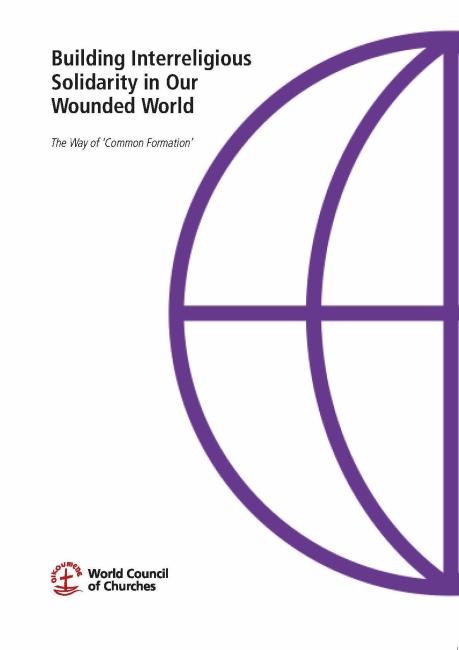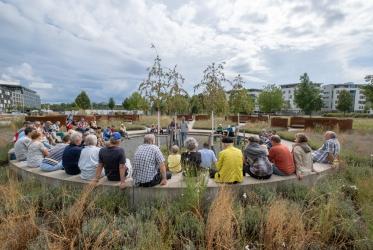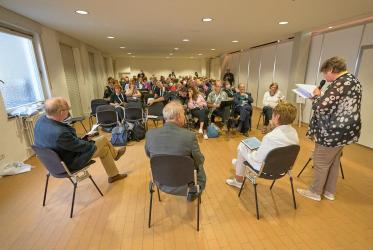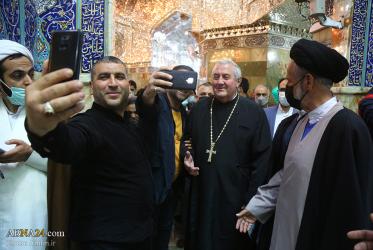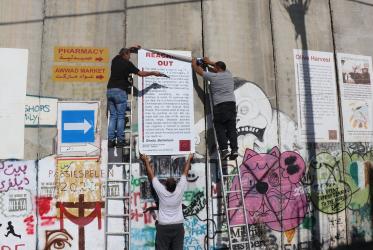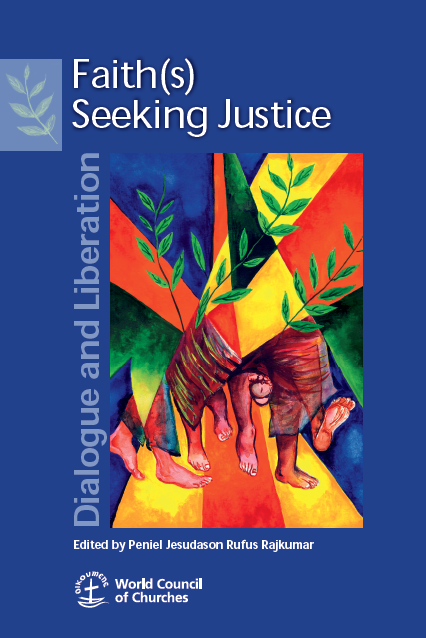Displaying 1 - 20 of 32
WCC invites global fellowship to mark 75th anniversary
17 August 2023
Workshop explores how interreligious dialogue brings trust and respect
15 September 2022
Christian-Jewish Dialogue: Faith is why we are here today
04 September 2022
Brunnen: a well of faith-inspired initiatives
01 September 2022
Jerusalem - Walking in the Footsteps of Jesus
30 March 2021
The Mount of Olives - Walking in the Footsteps of Jesus
30 March 2021





